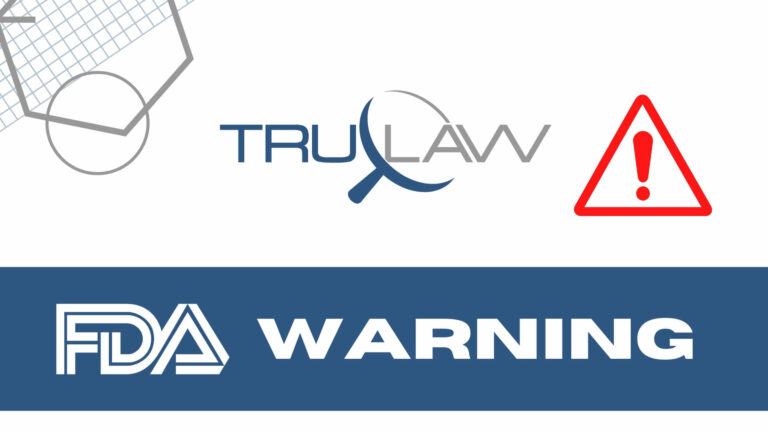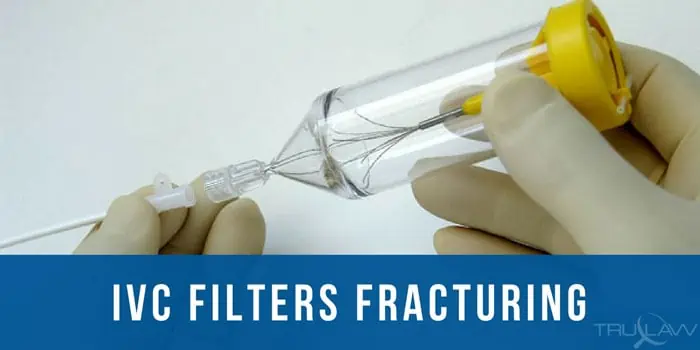IVC Filter Fracture
This is not the first study to determine that Cordis filters have high filter rates if left in place long term.
In 2012, another study published in JAMA Internal Medicine examined the complication rate of 20 patients implanted with TrapEase IVC filters for an average of 50 months and found that half of those filters had fractured.
After four years, the fracture rate increased to 64 percent.
Researchers recommended that patients implanted with Cordis filters be monitored closely by healthcare practitioners and consider having the devices removed.
The study concluded that patients with Cordis filters are “at an extremely high risk of strut fractures as early as two or three years after IVCF placement.”
IVC filters are small, cone-shaped devices that are implanted in the inferior vena cava, the large vein in the abdomen that returns blood from the lower body to the heart, These devices are designed to capture blood clots that have broken loose from one of the deep veins of the legs and prevent it from reaching the heart and lungs, where it can cause severe complications or even death.
IVC filters are frequently placed in patients who have a history of developing blood clots in the legs, particularly those who have been diagnosed with deep vein thrombosis, or DVT.
Until recently, IVC filters were designed to be implanted permanently, but newer devices, called optionally retrievable filters, have the option to be permanent or to potentially be removed later when the risk of a clot traveling to the lungs has passed.
Cordis Optese are retrievable IVC filters, while the Trapese filters are permanent.
Cordis IVC filter lawsuits are likely to move forward similarly to the Bard and Cook IVC filter lawsuits.
IVC filter lawyers are currently filing lawsuits by individuals implanted with the Cordis IVC filter and experiencing complications.




